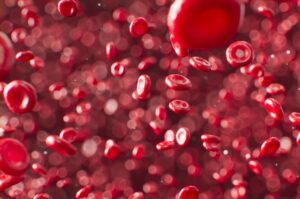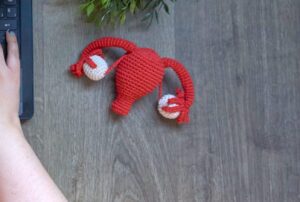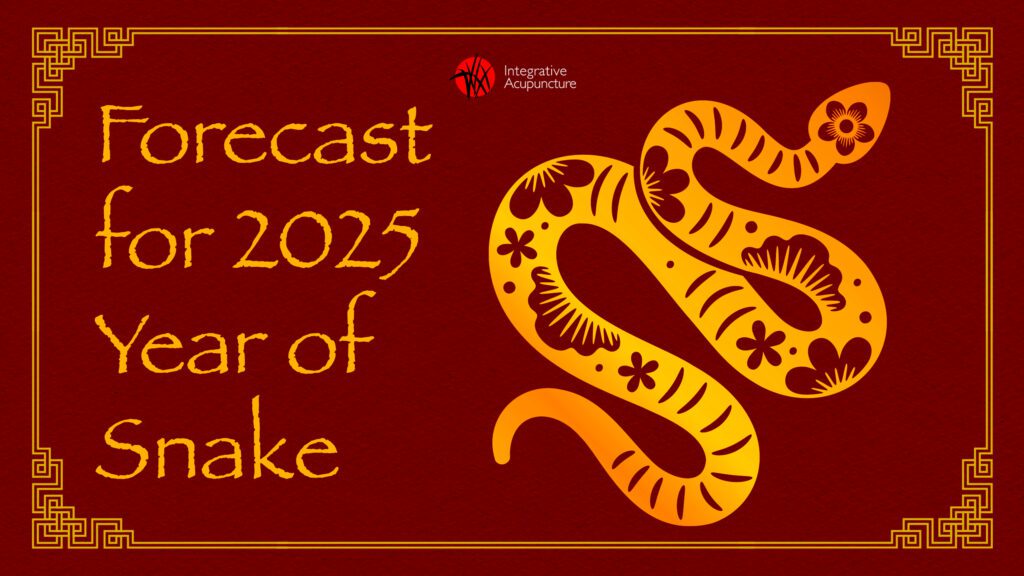Uterine fibroids are benign growths on the wall of the uterus. They represent the most common gynecological non-cancerous tumors in reproductive females. It is estimated that 80% of women will have uterine fibroids at some point in their reproductive years. Many are symptom-free and unaware, but for some people, fibroids can cause heavy bleeding, irregular periods, abdominal bloating, and back pain. Fibroids can even grow large and press on vital organs like the bladder or bowel, eventually leading to digestive or kidney problems. Unfortunately, causes are not well understood. The best theory is that abnormal muscle cells in the uterus are affected by estrogen and other factors in a way that drives tumor growth.
Western treatment depends on severity. If asymptomatic, treatment is not needed. If the fibroids cause pain or other problems, treatment may involve surgery to remove them. Even with surgery, they can return. In fact, the rate of recurrence is high: 30% ! Estrogen contributes to the growth of fibroids which makes hormone regulation a main focus of fibroid management. Leuprolide is a type of hormone therapy that acts on the pituitary gland to stop estrogen production and start early menopause. A hysterectomy to remove the uterus is the only known way to guarantee prevention of recurrence. This is often not a desirable option—especially for those looking to preserve fertility.
It’s important to deal with the underlying causes of fibroids. Traditional Chinese Medicine (TCM) takes a more holistic approach. Fibroids, in TCM, fall into the larger category of Zheng Jia, or masses. Other conditions that fall under Zheng Jia are ovarian cysts, endometriosis, and reproductive cancers. The causes of these masses are understood to be any one of (or combination of) the following:
Blood Stasis:
Blood follows qi (energy), so long term qi stagnation can result in blood states. With blood stasis, symptoms include intense cramping and when blood clots.
Damp-Phlegm:
Improper diet and digestion can lead to a buildup of damp-phlegm in the body. This accumulation, when condensed by other factors (such as heat, cold, or poor blood flow) can set the stage for the growth of various masses in the body. Symptoms of damp-phlegm can include indigestion, bloating, weight gain, and watery menstrual flow.
Cold Accumulation:
Exposure to the cold—especially cold that affects the uterus—can be another cause of blood stasis that can lead to tumors. Menstrual pain that finds relief with heat can be a sign of cold in the uterus.
Studies show a 72% reduction in bleeding with Chinese herbs. In one study, over half of the participants experienced a reduction in size or a complete disappearance of their fibroids with herbs. Another study compared treatment with acupuncture and herbs to treatment with a combination of herbs and steroids. All of the women saw some benefits, but the ones who had acupuncture treatment saw an overall greater reduction in the volume of their fibroids. A 2002 study compared alternative treatments, such as TCM, bodywork, and guided imagery against conventional treatment. The researchers found that the patients thrived in the alternative medical group. Fibroids shrank or stopped growing in 59% of the alternative treatment group compared to only 8% of those in the conventional treatment group.
Find relief from your fibroids with our services at Integrative Acupuncture. Medicinal herbal blends, acupuncture, and bodywork are some of the ways you can get on the path to better help with us. Schedule an appointment today!










